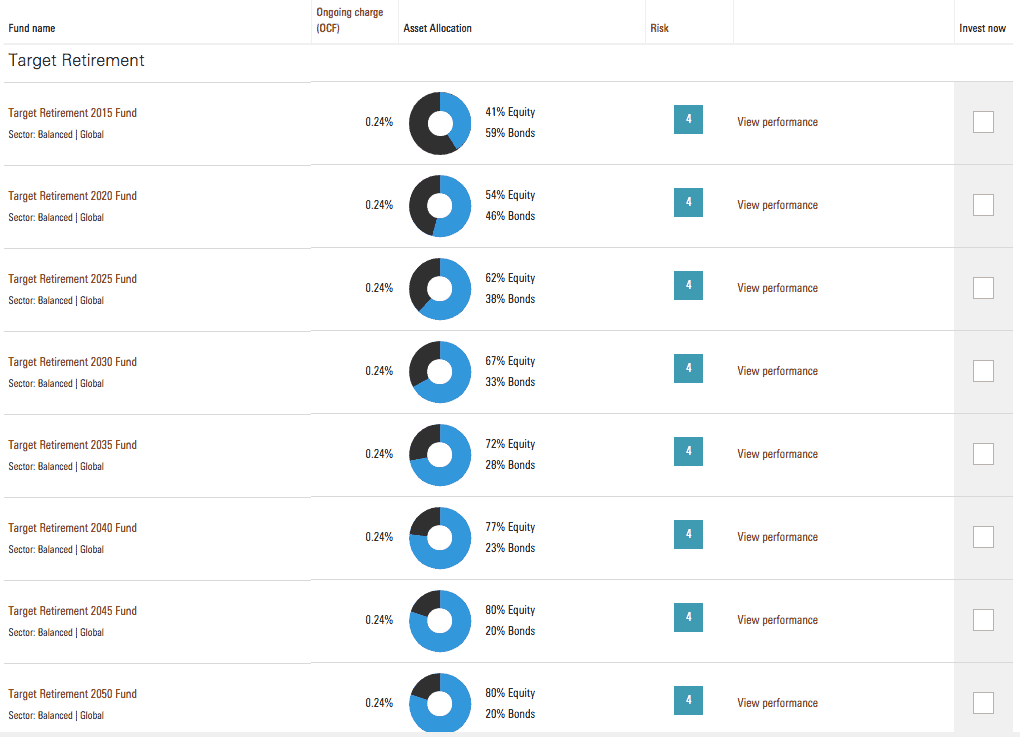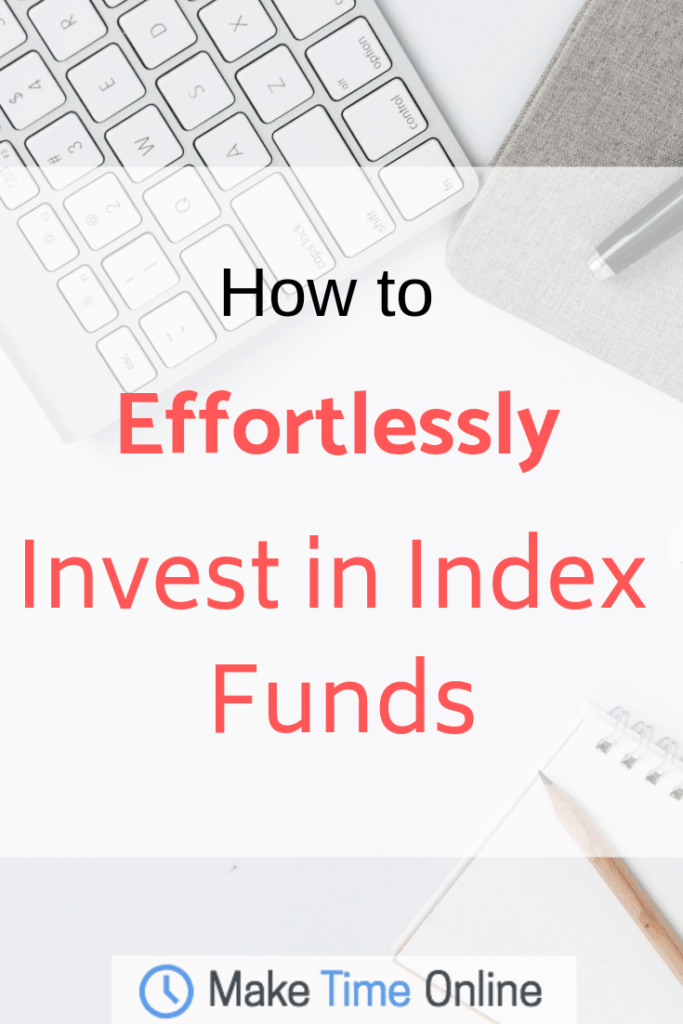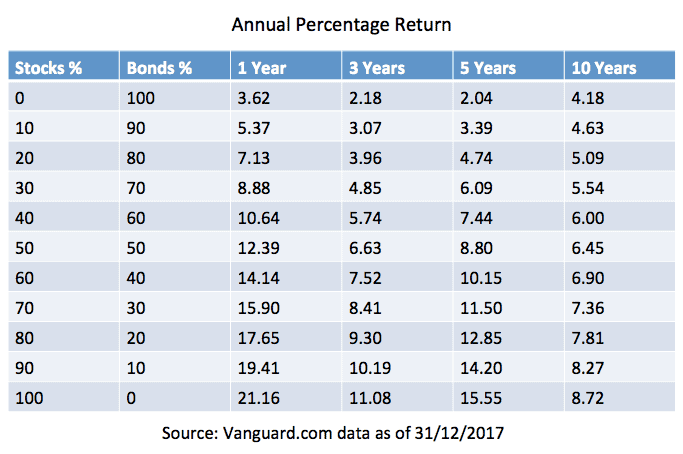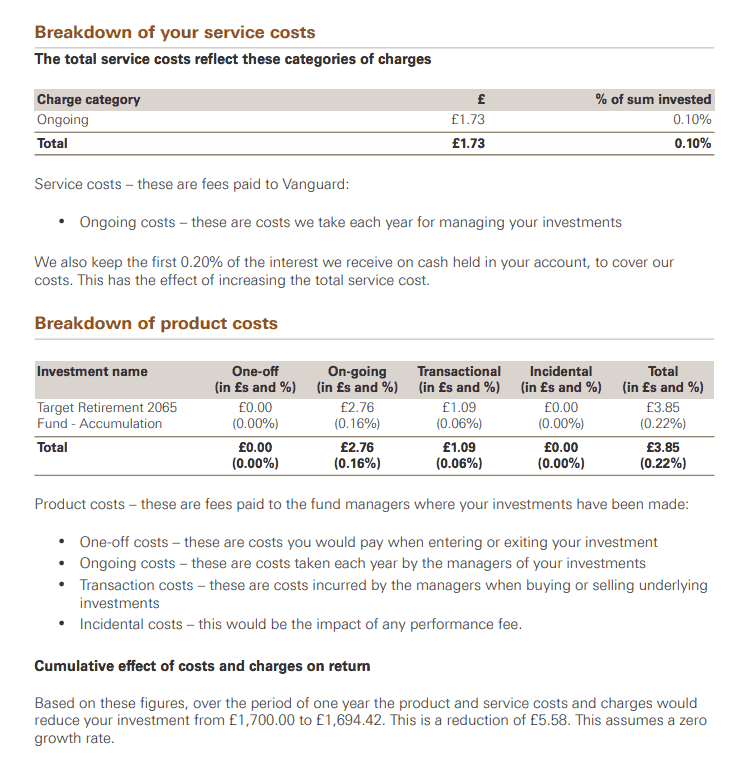MTO7- Podcast on how to invest in index funds. Note I am not a financial advisor these are just my opinions that have been formed from researching different studies and books. Please, please, please do your own research. Remember knowledge is power!
This is a 3 part podcast series on index funds:
- 7 reasons you should invest in index funds today
- How to invest in index funds
- The ultimate passive income strategy using index funds
You may agree that finding a way of earning passive income is not very easy.
Most people will want to find ways of doing this but don’t know where to start. If you listen to episode one of this 3-part podcast you will learn 7 reasons why index funds can provide a genuine passive income stream.
This podcast will show you how to invest in index funds and the best platforms to use when doing so.
How to Invest in Index Funds if You’re From the UK, US or Australia
(1 min)
There is a simple way to get started if you are from one of these 3 countries… Vanguard.
John C. Bogle (the founder of Vanguard) has basically invented index funds so that normal people can get invest in index funds.
There are 2 main reasons why Vanguard is the best way to invest in index funds:
- Their fees are the lowest you’ll find
- You can invest in “retirement funds” which are managed for you
Click the following links to learn more and get started:
(Note these are not affiliate links!)
Stocks vs Bonds Figures
(5 min)
Stocks are small portions of a company. The company uses this money for growth and you can see an increase in the price of the company stocks if they do well over time.
Bonds are basically a form of debt (usually for a company or government)- you find out the interest rate and when the borrower agrees to pay you ahead of time. Check out this short Penny Hoarder YouTube video to explain this simply…
Typically stocks will outperform bonds in the long run. However, bonds are historically much more “safe” and less likely to have a big drop in any given year.
These are the stats for the 10-year range between 2008-2018:
Bonds- 4.18% annual return
Stocks- 8.72% annual return
Just remember if you invest in a single company and it goes bust you would lose all of your money invested with them. When you invest in index funds this cannot happen (unless all the companies in the whole country go bust at the same time). Check out part one for a reminder about this.
The simple way to look at this is that if you are younger it would be wiser to invest more in stocks than bonds (as they have a larger gain over time). If you need to start withdrawing money from your investment pot then you may want to have a higher ratio of bonds as they are less likely to have a big drop in any given year.
This leads to Vanguards amazing retirement funds…
Vanguard Retirement Fund Benefits
(6 min)
There are 2 massive advantages of using Vanguard retirement funds.
- Hands off- Saves you more time!
- Leave your emotions out of it Rebalance portfolio- Buy low and sell high automatically
Look at how transparent the fees are for this account as well. You will find it almost impossible to pay such a little amount in fees when compared to transaction costs (if you buy stocks yourself) or management fees you would find in any mutual funds.

So the best thing about investing in these retirement funds is that you don’t have to do anything! It’s completely hands off and your account will be managed for you making you more time! But that’s not all…
Morningstar discovered that DIY investors tend to underperform the Vanguard retirement fund.
This is because investors tend to speculate on the market and buy when prices are higher and sell when prices are lower (if you listen to the news it makes it very hard not to do these things!)
So all of this uncertainty in the market at present (March 2019) leading up to Brexit and the trade agreements between USA and China may mean the market is more stagnant or we may even see a correction. But that is a great time to buy more funds (as the market is on sale!)
Related:
Minimum Amount to Get Started
(11 min)
Now, I can almost hear your mind saying… but I haven’t got enough money to get started. This is a concern that a lot of people have when they start investing. But as you can see the minimum amount to open an account is very reasonable:
- UK- £500 or £100 per month instalment.
- USA- $1,000 to get started with a “retirement fund”.
- Australia – $3,000 to get started with a “retirement fund”.
Just so you know you can put a lot more than this into an account if you have it, but you will likely need a lot less than you may have first thought.
What Account to Open?
UK
If you’re from the UK you get £20,000 per year to put into an ISA (Individual Savings Account). This is completely tax-free and you won’t pay any capital gains tax (CGT) or income tax. Check out Vanguard’s “Benefits of Investing in an ISA” to understand more about which account you should open.
USA
If you’re from the US, check out this link to understand more about the best account(s) to open.
Invest for the Long Run
(13 min)
View the money you are putting in like a future pension pot. It’s not money that you can dip into if you want to go on a fancy holiday next year.
This lets compound interest do its magic over time.
Skip the below video to 6:50 minutes in to see the power of compound interest in a simple story…
How to Invest as an Expat or From Another Country
(14 min)
Open an account with Saxo for the region you live in.
Invest in ETFs (Exchange Traded Funds). These are very similar to index funds but they just have a different fancy name.
Read Investopedia’s article on the advantages and drawbacks of ETFs to understand them a bit more.
- Open an account with Saxo
- Buy ETFs (Exchange Traded Funds)
- Keep your share allocation as you’d like it by buying more of the underperforming ETF
Read more about this in Andrew Hallem’s article about investing as a British Expat in Singapore.
Related:
The Best Way to Earn Passive Income
ACTION
There are 2 action points for today:
- Work out your current annual expenses
- Open an account to start investing in index funds for where you live
Finding out more about your current financial situation can be an unbearable thought for some people. It’s much easier just to carry on doing what you’re doing than facing the harsh reality of where your money is going.
This is a core step in the “Financial Independence Retire Early” (FIRE) community. You can use this great FIRE calculator to figure out how much you need to put aside to retire by a certain age.
But I can tell you from experience it 100% helps your future self to allocate your money on things that you want rather than finding there’s not enough month at the end of the money.
Related: How we Save £30,000 a Year and Travel as Teachers
You can get your free financial statement planner and the tips on how to use it below to easily work out your annual expenses.
Summary
So should you invest in index funds? Does a bear poop in the woods?
Listen to the first part of this short series here to see the 7 reasons why you should invest in index funds ASAP.
As you can see it doesn’t have to be a long task or really complex to get started with investing in index funds. If you can get a Vanguard account then get on like that bears poop would get stuck on velcro. If not find a brokerage account that you can buy ETFs for a low transaction fee (Saxo!)
….and remember…
The best time to start investing was when you were born. The second best time is today.
Keep changing for the better,
Mike
P.S. Do comment below to let us know what you currently invest in or what is holding you back from starting… or send me a message on WA here




